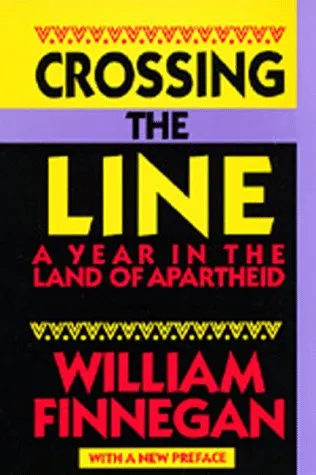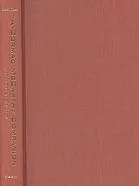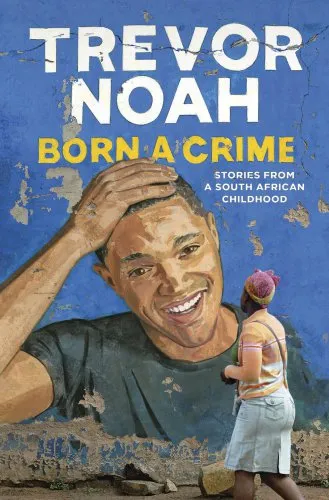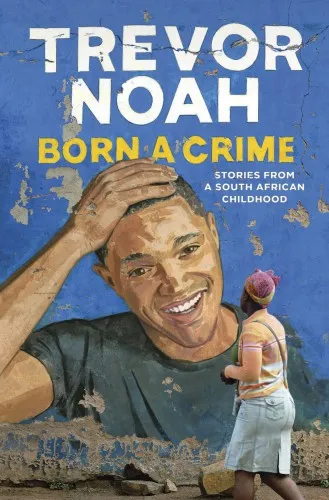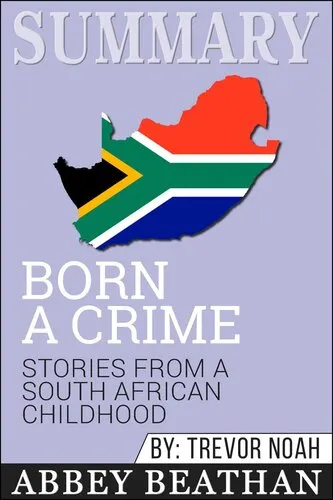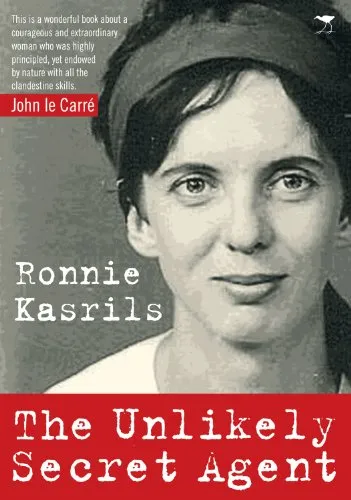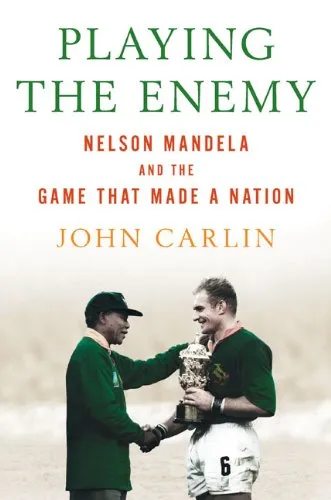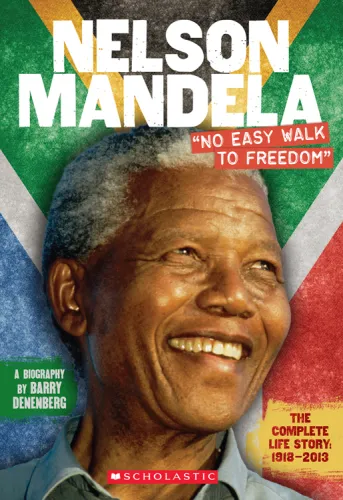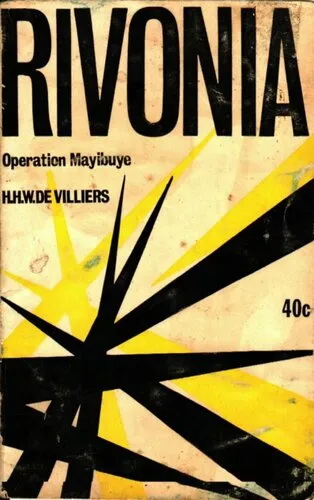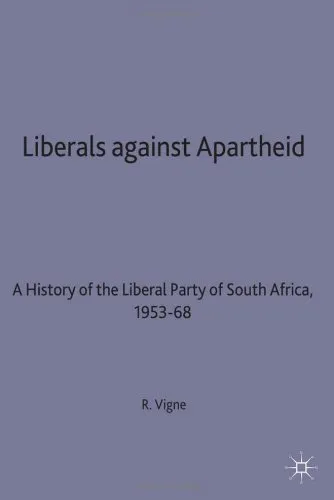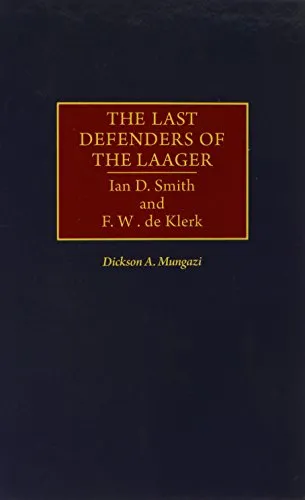Crossing the Line: A Year in the Land of Apartheid
4.2
Reviews from our users

You Can Ask your questions from this book's AI after Login
Each download or ask from book AI costs 2 points. To earn more free points, please visit the Points Guide Page and complete some valuable actions.Related Refrences:
Introduction to 'Crossing the Line: A Year in the Land of Apartheid'
Written by William Finnegan, 'Crossing the Line: A Year in the Land of Apartheid' is a powerful and poignant narrative memoir that delves into the complex social and political fabric of apartheid-era South Africa. With a keen journalistic eye and a compassionate heart, Finnegan recounts his experiences living and working in this fractured yet vibrant land. The book is not just a personal account but also serves as a historical document that provides insights into one of the most turbulent periods of modern history.
Detailed Summary of the Book
The memoir chronicles Finnegan's journey to South Africa in the late 1970s, a time when the country was steeped in racial segregation and political unrest due to its apartheid policies. As a young, intrepid journalist, he ventured into a society fundamentally divided along racial lines. Throughout the book, Finnegan explores various aspects of life under apartheid, from the oppressive laws and degrading conditions faced by non-white citizens to the courageous activism of those fighting for justice.
Finnegan's narrative is rich with vivid descriptions of the landscapes and people he encounters, painting a multifaceted portrait of a country in turmoil. He shares personal anecdotes and poignant stories of individuals who dared to resist the systemic oppression, offering readers a window into the human spirit's resilience against great odds. Finnegan's experiences at schools, in the townships, and during his travels across the country provide an invaluable perspective on the stark realities of apartheid.
Key Takeaways
- The book provides an in-depth look at the social and political dynamics of apartheid South Africa, offering insights into the system's daily ramifications on ordinary lives.
- Finnegan's personal anecdotes humanize the statistical and historical narratives of apartheid, making the experience relatable and emotionally engaging for readers.
- The memoir highlights the power of resilience and resistance, demonstrating how individuals and communities can organize and fight back against systemic injustice.
- By embedding himself in the community, Finnegan offers a unique outsider's perspective, balancing empathy and critical analysis to provide a comprehensive view of his experiences.
Famous Quotes from the Book
William Finnegan's writing is both eloquent and incisive, capturing the complexities of apartheid with empathy and clarity. Here are some memorable excerpts:
"The faces in the shantytown told stories that sometimes left me speechless but always compelled me to listen harder."
"Living within the system of apartheid was like perpetually walking along a razor's edge, a precarious path where the wrong step could lead to peril."
Why This Book Matters
'Crossing the Line: A Year in the Land of Apartheid' is an essential read for anyone interested in understanding the complexities of racial segregation and human rights struggles. The book offers not only a historical account but also an emotional resonance that illuminates the broader implications of apartheid on both personal and societal levels. Finnegan's narrative invites readers to reflect on the nature of injustice and the moral responsibility to combat it.
In an age where issues of race and social justice remain at the forefront, Finnegan's memoir is a timely reminder of the resilience of the human spirit and the power of storytelling in bridging divides. Its vivid descriptions, compelling stories, and insightful analysis make it a standout work that continues to resonate with readers long after turning the last page.
Free Direct Download
You Can Download this book after Login
Accessing books through legal platforms and public libraries not only supports the rights of authors and publishers but also contributes to the sustainability of reading culture. Before downloading, please take a moment to consider these options.
Find this book on other platforms:
WorldCat helps you find books in libraries worldwide.
See ratings, reviews, and discussions on Goodreads.
Find and buy rare or used books on AbeBooks.
1504
بازدید4.2
امتیاز0
نظر98%
رضایتReviews:
4.2
Based on 0 users review
Questions & Answers
Ask questions about this book or help others by answering
No questions yet. Be the first to ask!
